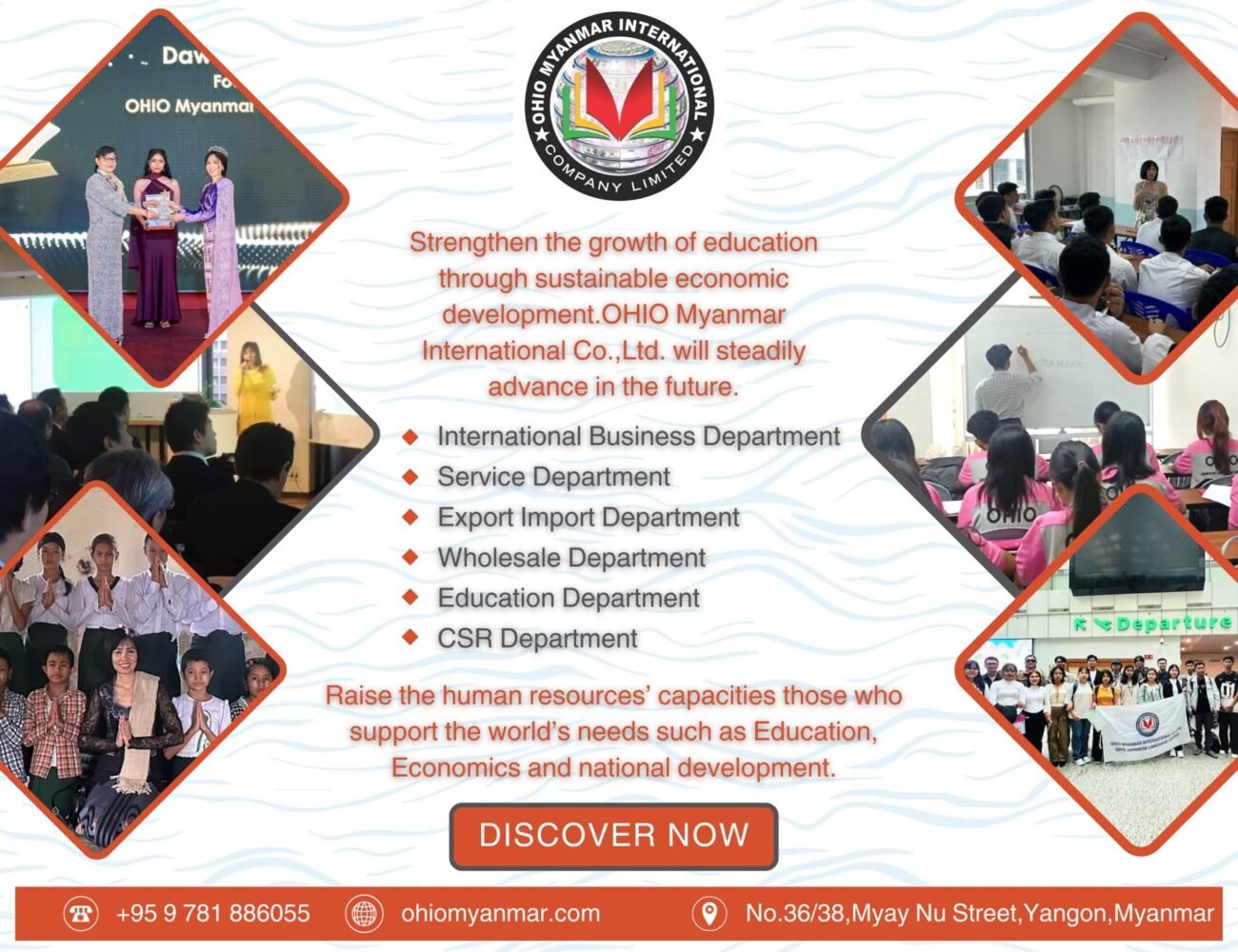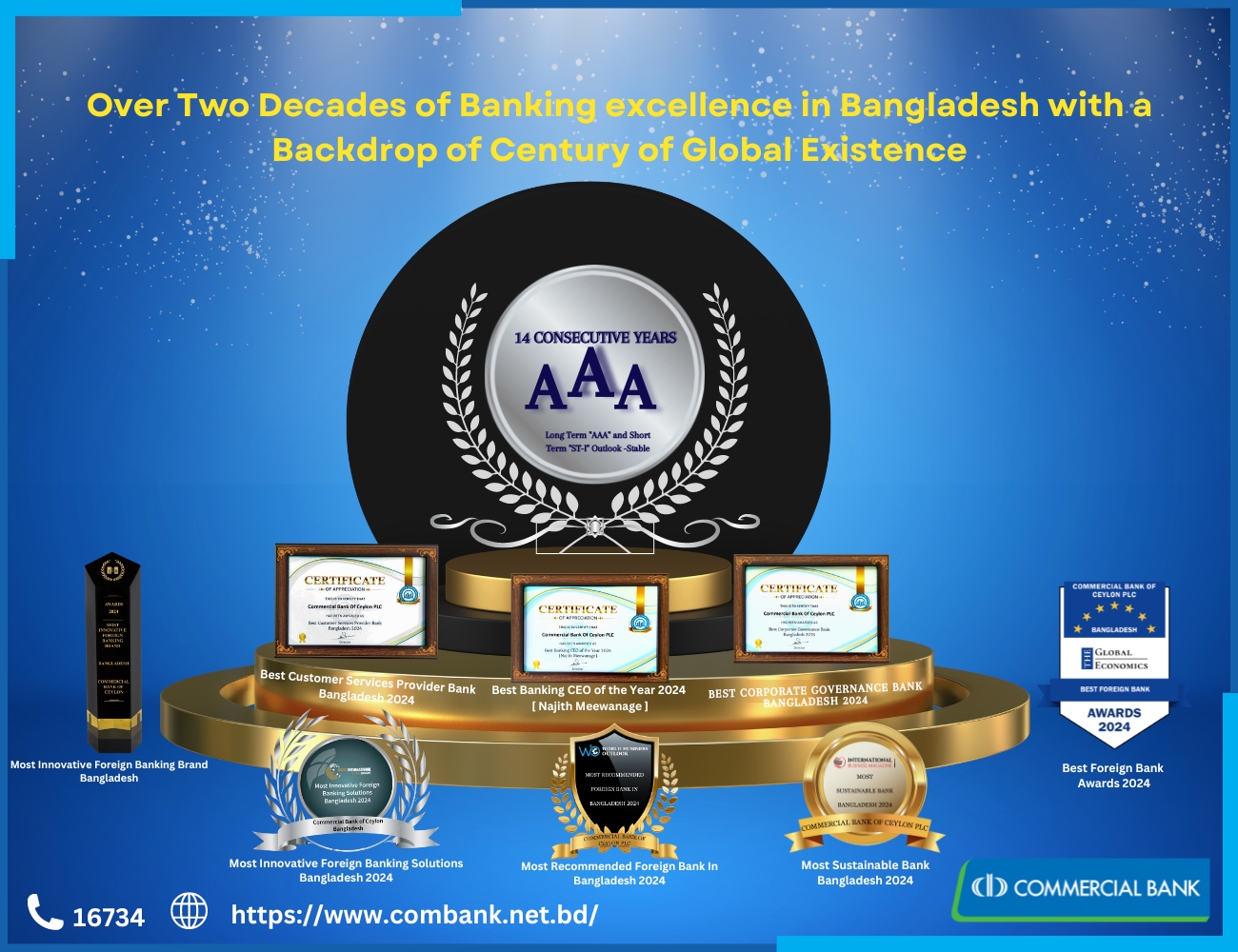
Nigerian women continue to make significant strides in various sectors, displaying their resilience and determination to succeed in the business world. However, despite their remarkable efforts, they still face numerous challenges while starting and running businesses. This article sheds light on the barriers that Nigerian women entrepreneurs encounter, with a focus on limited access to financial resources and business development services, and explores potential solutions to empower them and foster economic growth and gender equality.
Access to financial resources remains one of the most significant challenges for Nigerian women entrepreneurs. Traditional financial institutions often hesitate to provide loans or funding to women-led businesses due to perceived risk and societal bias. As a result, many aspiring women entrepreneurs are unable to secure the necessary capital to launch or expand their businesses.
Moreover, the existing gender wage gap and limited financial literacy among women further exacerbate these issues. In many cases, women are paid less than their male counterparts for similar roles, making it difficult to save and invest in their ventures. Additionally, a lack of financial literacy prevents many women from effectively managing their finances, hindering their ability to access credit or investment opportunities.
Access to business development services is another significant hurdle for Nigerian women entrepreneurs. These services encompass training, mentoring, networking opportunities, and market information. Unfortunately, women often encounter limited access to such resources, which are crucial for developing their skills, building confidence, and expanding their professional networks.
Gender disparities in educational opportunities contribute to this challenge, as women might have limited access to quality business training and mentorship programs. The lack of female role models in the entrepreneurial landscape further hampers their growth potential.
Deep-rooted cultural and societal norms also pose formidable barriers to Nigerian women entrepreneurs. Gender stereotypes and biases perpetuate the belief that women are better suited for domestic roles rather than business leadership positions. As a result, women face discrimination and skepticism from investors, potential partners, and even family members.
The burden of balancing family responsibilities and business pursuits often falls disproportionately on women, making it challenging for them to dedicate the necessary time and energy to their ventures. Moreover, cultural expectations may discourage women from engaging in certain industries or pursuing ambitious goals.
Potential Solutions:
- Financial Inclusion Initiatives
Government and private institutions must work together to implement financial inclusion initiatives tailored to the needs of women entrepreneurs. Creating special loan programs with flexible terms and lower interest rates for women-led businesses can boost their access to funding. Additionally, enhancing financial literacy programs will empower women to make informed financial decisions and improve their chances of securing loans.
- Supportive Business Ecosystem
Creating a supportive business ecosystem that provides comprehensive business development services is crucial. Governments, NGOs, and private organizations should collaborate to offer training, mentoring, and networking programs exclusively for women entrepreneurs. Initiatives that celebrate and highlight successful women business leaders can also serve as powerful role models, inspiring others to pursue their entrepreneurial aspirations.
- Addressing Societal Norms
Addressing cultural and societal norms requires a multi-faceted approach. Public awareness campaigns can challenge gender stereotypes and promote the value of women’s economic participation. Engaging men as allies in the fight for gender equality is equally important, as they can play a vital role in challenging and changing prevailing mindsets.
Nigerian women entrepreneurs face a myriad of challenges in 2023, ranging from limited access to financial resources and business development services to entrenched cultural biases. By addressing these barriers through targeted policies and initiatives, Nigerian society can foster an environment where women can thrive in the business world. Empowering women entrepreneurs not only drives economic growth but also paves the way for a more equitable and inclusive society, where women are recognized for their immense contributions to the nation’s prosperity.















